The current linear take-make and dump system creates more damages to the society and environment. Modern
evolving market demand and supply has been self-destructive metabolism for societal development. Due to the
global economic growth around the world, many leaders are facing many complexities. The Circular economy in a
society aims to be a social vison where ecosystem, technology and society are in well-balance. The Circular
Society offers individuals and companies to be more engaged and be actively responsible in building sustainable
businesses and societies by working together, sharing knowledge and expertise to make a better society.
It also helps to guide organizations and their leaders how to create a collaborative environmental society and
culture. To facilitate an organization entrepreneurial skill knowledge sharing platform creates evolution
towards creativity and innovation economic and human progress. Circular society benefits on the level of
individual as they follow interconnected mindset, active in the areas of developing future skills and building
communities that offer real benefit to the individual member. These individuals are drawn to collaborative,
innovative, purposeful and meaningful acts that create large scale impact.
Therefore, circular economy in a society is a must needed in today’s world where business and social needs are
aligned together. It helps to develop future skills and collaborative networks to enable overall progress.
Related Articles
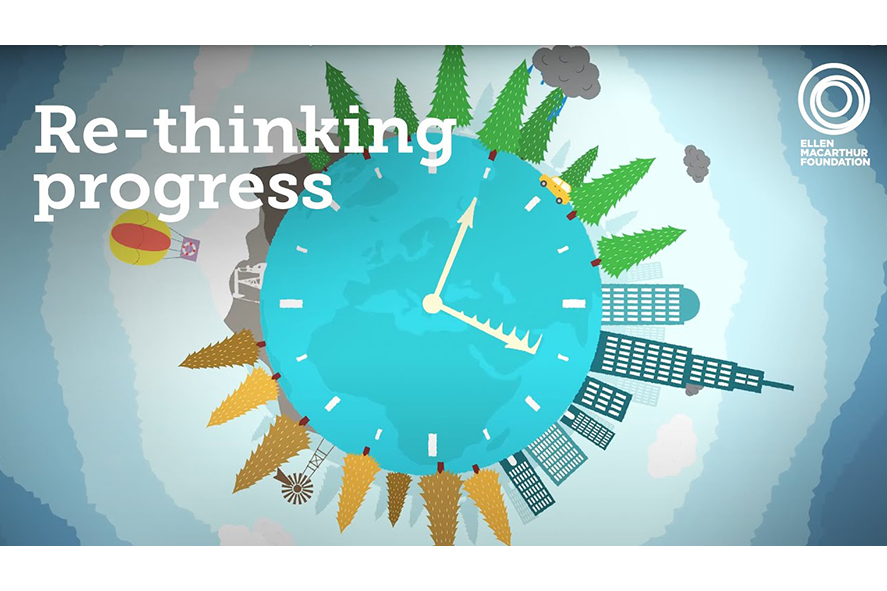
As human beings have adapted to the linear system, following the take-make and dispose approach. We are using and throwing many electronics gadgets on daily basis which creates toxic waste. We need to be familiarized with the return policy where products are regenerated or upgraded with latest technologies. ‘Re-Thinking Progress' explores how through a change in perspective we can re-design the way our economy works - designing products that can be 'made to be made again' and empowering the system with renewable energy options. The circular economy is all about the interconnecting companies that form infrastructure and economy together with reusable energy sources and rethinking of the operating system.
WATCH VIDEO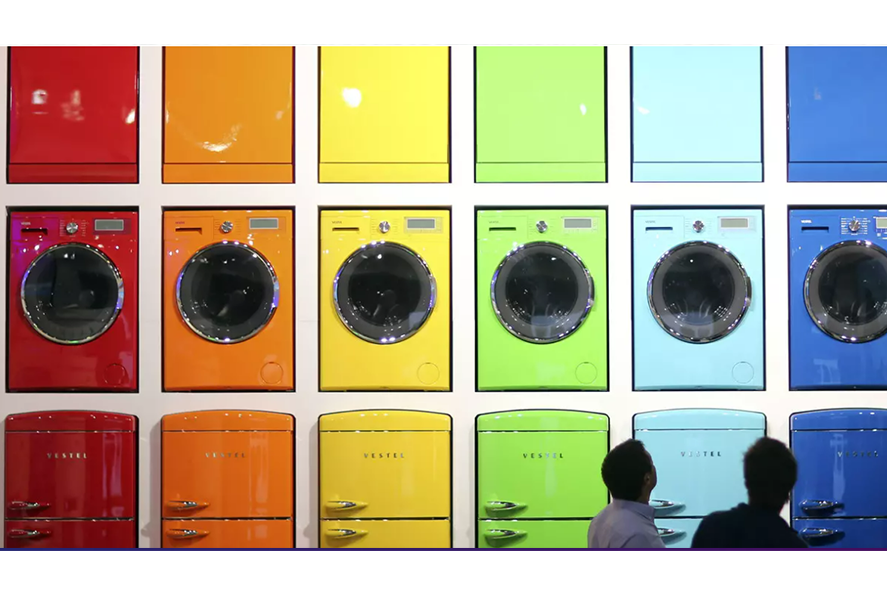
Technology as a service has the potential to generate outstanding growth opportunities for any industry which contribute sustainable outcomes. Embracing technology as a service requires change in the company business and digital transformation strategies. Moving towards such shift will hold benefits for all and leads to economic growth for a long run. Across industry there is an opportunity to make a profound change to how products are designed, manufactured, supplied and consumed. And the “product-as-a-service” business model must be our end goal. Many companies globally are reforming their design and development processes to offer as as a service such as from light to washing machines, technology to air, etc. This leads our economy to be more circular and significant in terms of economic growth to any industry. The producer has the ownership and responsibility for the products throughout the entire life cycle. On the other hand, the customer has the full use of the product depends upon necessity, only payments for outcomes must be fulfilled. Similarly, IT equipment can be rapidly upgraded to the latest, more energy-efficient technologies.
READ MORE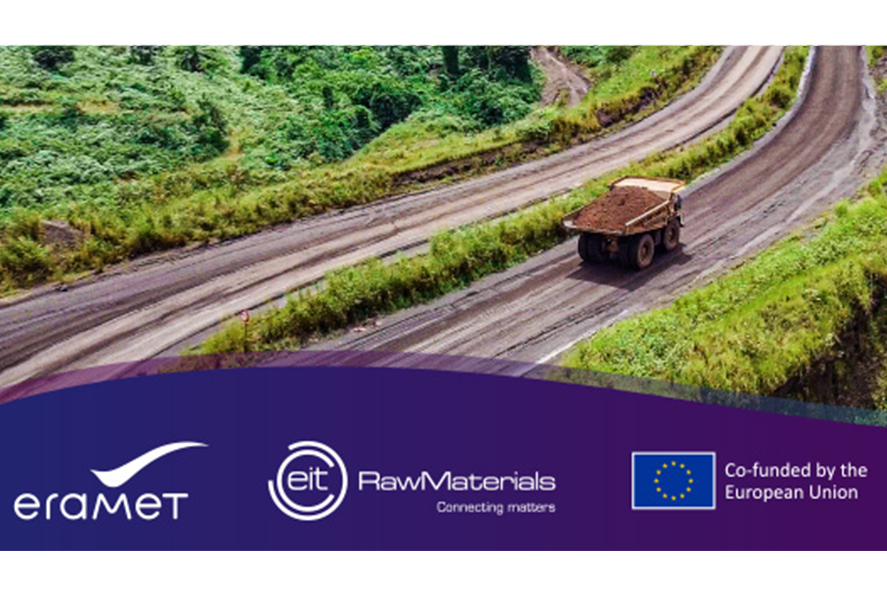
Eramet is launching the 2021 edition of its Open Innovation Challenge on a theme which is crucial for the future of its activities: Responsible Mining. Consumers are demanding low carbon and responsible supply chains. Following corporate social responsibility (CSR) as a strategic model, in which the corporate sector incorporates social and environmental concerns and plays a more responsible role around the world. This innovation challenge aims to provide efficient, competitive, and responsible technology solutions for a sustainable supply of mineral resources. Eramet takes a 360° CSR approach integrating environment, climate, human rights, ethics and traceability of our products. Emerging technologies play a major role in advancing the mining industry, reducing the environmental impact of mining operations, as well as improving efficiency and reducing costs
READ MORE
Implementing Satellite imagery in the agriculture sector is not a new topic. Earlier satellite images has limited resource due to resolution issue and frequency of the images. The innovation technology like Internet of Things IOT, Remote sensing and robotics are helping in great manner in farming industry. The data we generate with the help from these technologies can integrate which offers greater efficiency in agriculture industry. GIS systems combined backend processing power and machine learning technology to process the large amounts of data obtained by satellites to map out information relating to different crop types quickly and accurately. EOfactory.ai can customise the solutions offered to ensure they meet the different requirements and challenges faced by a range of different stakeholders from farmers, crop insurers and seed companies all the way through to government departments. They have developed a range of sector and solutions that can help evaluate land zoning and crop site suitability, monitor crop health, predict yields and estimate crop production and acreage, as well as assess levels of crop damage.
READ MORERelated Articles

The improper waste management of single use plastic has made big risk for marine life. This plastic exposed to ocean can break into microplastic which is swallowed by marine animals can hamper marine ecosystem in a long run and food chain too. Following a circular economy like reusing or redesigning out of waste product can make our society and industry thrive economically and boost opportunities.
READ MORE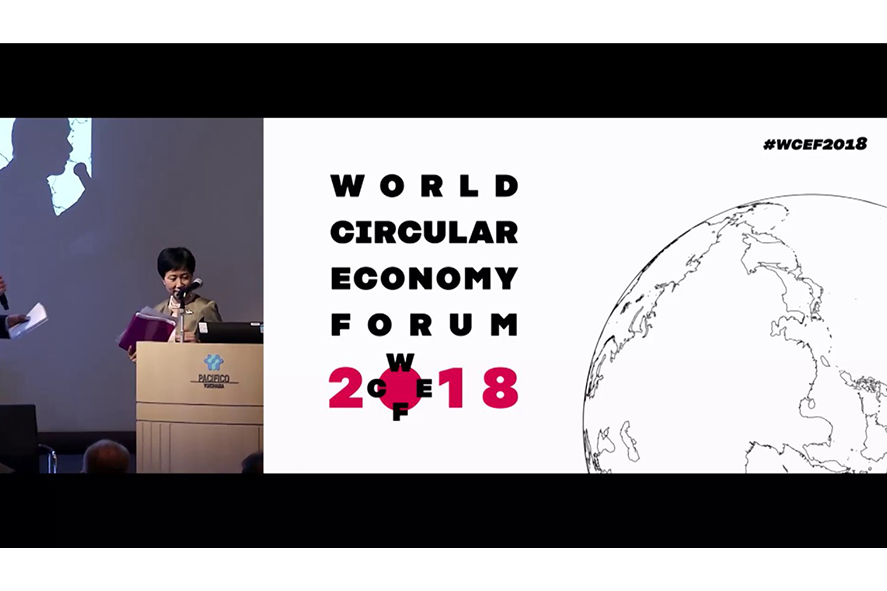
Transitioning to a circular economy will require major investments and financial capital. This session will discuss the role of international financial institutions in supporting circular economy as well as the opportunities for new impact investment tools and mechanisms for attracting private financial capital for the circular economy transition.
WATCH VIDEO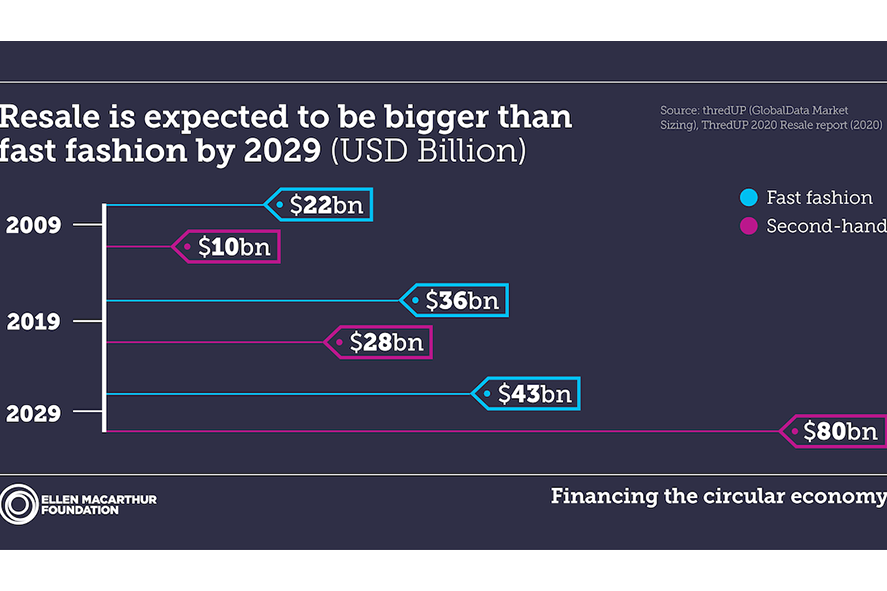
To overcome the global climate change circular economy plays a vital role contributing economic growth and better human progress. Financing the circular economy and investment across industry or various sectors in collaboration with governments is expanding. The total amount of assets managed through public equity funds increased 22-fold since the end of 2019, from USD 0.3 billion to over USD 6 billion. If the circular economy is followed globally, annual greenhouse gas emissions could fall by 9.3 billion tonnes of CO2e in 2050.Many companies are shifting towards circular economy to reduce cost regenerating resources develop more resilient supply chains.
READ MORE | WATCH VIDEORelated Articles

Evlogia Eco Care, a Bengaluru-based startup founded in 2018, organization is making eco-friendly straws named ‘Kokos Leafy Straws’, made using dried coconut leaves. Their main aim focus on to get rid of single use plastic and convert field waste into economy growth and provide rural employment opportunities. They collect thrown away coconut leaves from farms, owning a toxic chemical free process it is sterilized and cleaned and covert to 100% biodegradable straws. It can stay intact in hot beverages for 30 minutes whereas in cold beverages for upto 6 hours.
READ MORE | WATCH VIDEO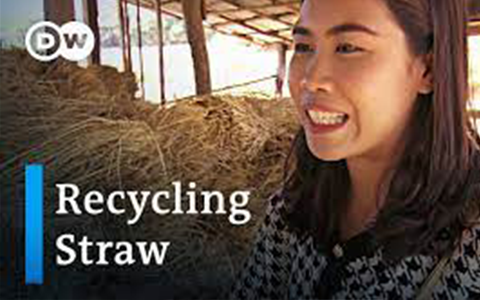
Rice straw which are left behind after the harvest or burn out by farmers which cause acrid smoke producing CO2 emissions has a bad impact in the environment. A young entrepreneur has found a new use for the material. Turned into paper, it can replace plastic food packaging. Rather than burning the leftover plant stems or leaving them to rot which produces methane. The technique can be used to produce rice paper and disposable tableware that is completely biodegradable. In cooperation with the University of Chiang Mai, a type of coating made from rice starch was created that makes the products impervious to liquids for several hours, and therefore a sustainable alternative to plastic and polystyrene packaging. It has created employment opportunities to the farmers.
WATCH VIDEO
As society becomes more mindful of the effect it has on the environment and takes steps to lessen this impact, we are beginning to see the business world follow suit. While many organizations have traditionally relied on a linear business model, ‘take-make-waste’ approach. Consequently, an increasing number of enterprises are beginning to explore the circular economy in order to become more sustainable. Underpinned by a transition to renewable energy sources, the circular economy seeks to redefine growth and focus on positive society-wide benefits. When it comes to business implementation, the circular economy mainly focus in: design (material selection, products that are designed to last and easy end-of-life sorting), new business models, reverse cycles (return materials to the soil or put them back into the industrial production system) and enablers (policy makers, educational and financing). Embracing a business-focused circular approach is a simple case of re-assigning assets to create further value.
READ MORE
Measuring financial results, customer retention, productivity, and inventory are all commonplace, but these measurements alone are no longer enough to tell a business whether it will stand the test of time. To be successful, it is becoming increasingly clear that businesses need to consider their social and environmental impact — or else be caught out by changing legislation or left behind by customers. What once could be simply written off as a ‘negative externality’ now has financial implications and has to be central to business strategies. This means changing the way businesses see their role in society and, ultimately, transforming the economy.
READ MOREThe information provided in this site is for general information purposes only. The site may contain links to other websites or content belonging to or originating from third parties or links to websites and features in banners or other advertising. Such external links are not investigated, monitored, or checked for accuracy, adequacy, validity, eligibility, availability, or completeness by us. WE DO NOT WARRANTY, ENDORSE, GUARANTEE, OR ASSUME RESPONSIBILITY FOR THE ACCURACY OR RELIABILITY OF ANY INFORMATION OFFERED BY THIRD-PARTY WEBSITES LINKED THROUGH THE SITE OR ANY WEBSITE OR FEATURE LINKED IN ANY BANNER OR OTHER ADVERTISING. WE WILL NOT BE A PARTY TO OR IN ANY WAY BE RESPONSIBLE FOR MONITORING ANY TRANSACTION BETWEEN YOU AND THIRD-PARTY PROVIDERS OF PRODUCTS OR SERVICES.